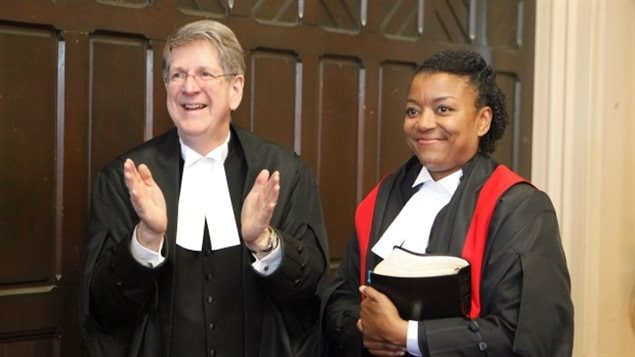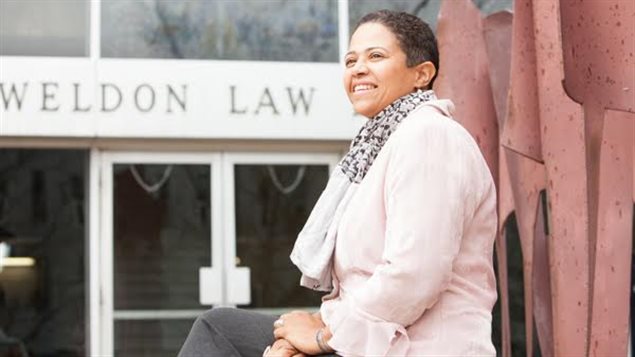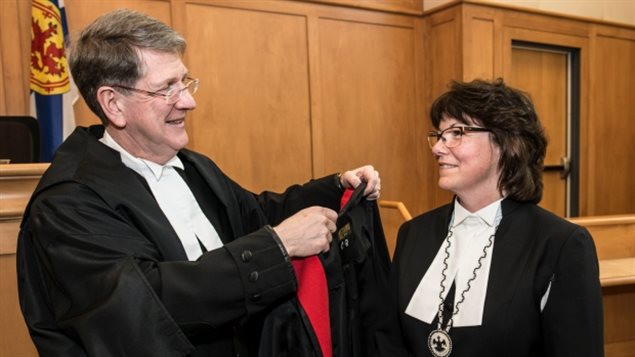Indigenous and black lawyers in the province of Nova Scotia who want to become judges can now benefit from a mentorship program offered by the judiciary. As it now stands, out of 104 judges, five are black, three are Indigenous, one is of Chinese origin and another of Sri Lankan heritage.

Many obstacles for indigenous and black lawyers
“Through the legacy of things like colonialism, slavery, residential schools and segregation, it’s taken quite a while for us to get access to legal education which of course, is the gate to the legal profession and therefore the judiciary,” says Michelle Williams, a professor at Dalhousie University who helped develop the mentorship program.
ListenWilliams is also director of the Indigenous Blacks & Mi’kmaq Initiative at the university which recruits and supports promising black and aboriginal law students with the stated goal of increasing their representation and decreasing discrimination within the legal profession. This initiative began in 1989 at around the same time that an inquiry into the wrongful conviction of an indigenous man, Donald Marshall, issued scathing criticism of Nova Scotia’s judicial system. This led to profound changes.

Several judges volunteer
Today, many judges have embraced the call for mentors with more than 50 of them volunteering. Three will be paired with three lawyers starting in the next few weeks and the plan is to expand the program such that any lawyer who is interested may benefit.
“We’re hoping that the mentorship program will help demystify the judicial application process, but also give senior lawyers a chance to get a sense of what the real day to day role of judges are,” says Williams.







For reasons beyond our control, and for an undetermined period of time, our comment section is now closed. However, our social networks remain open to your contributions.